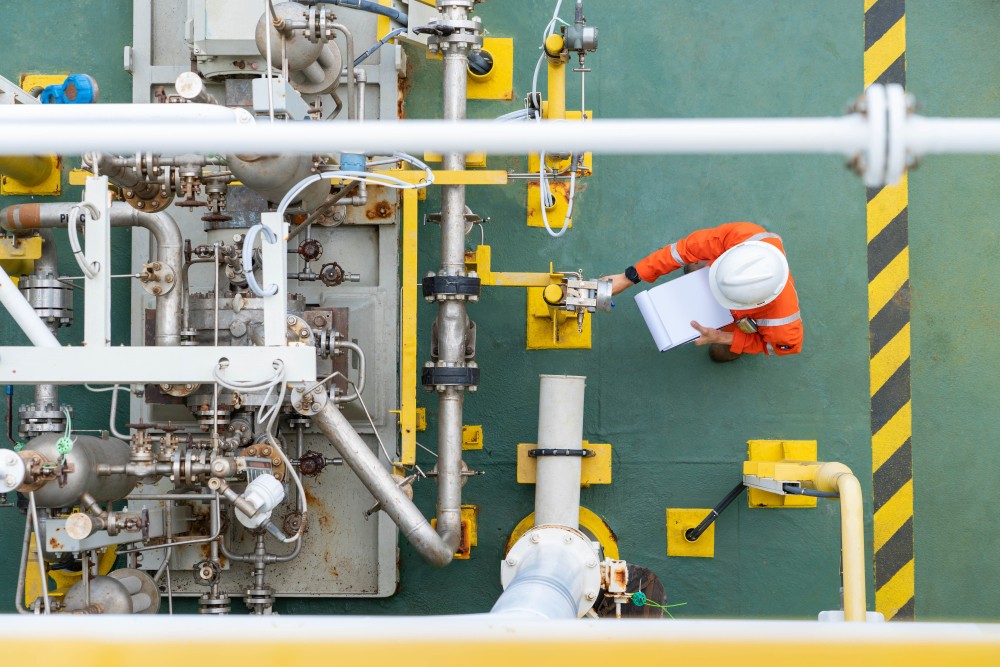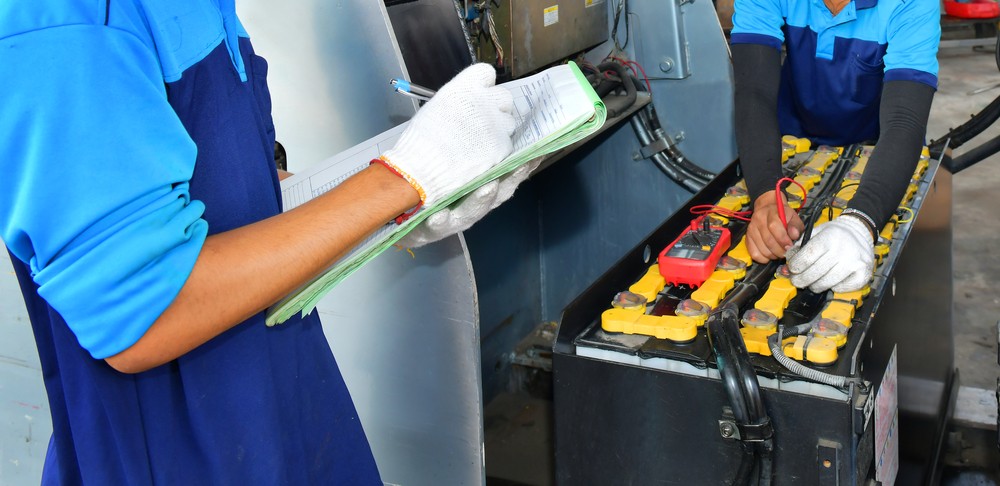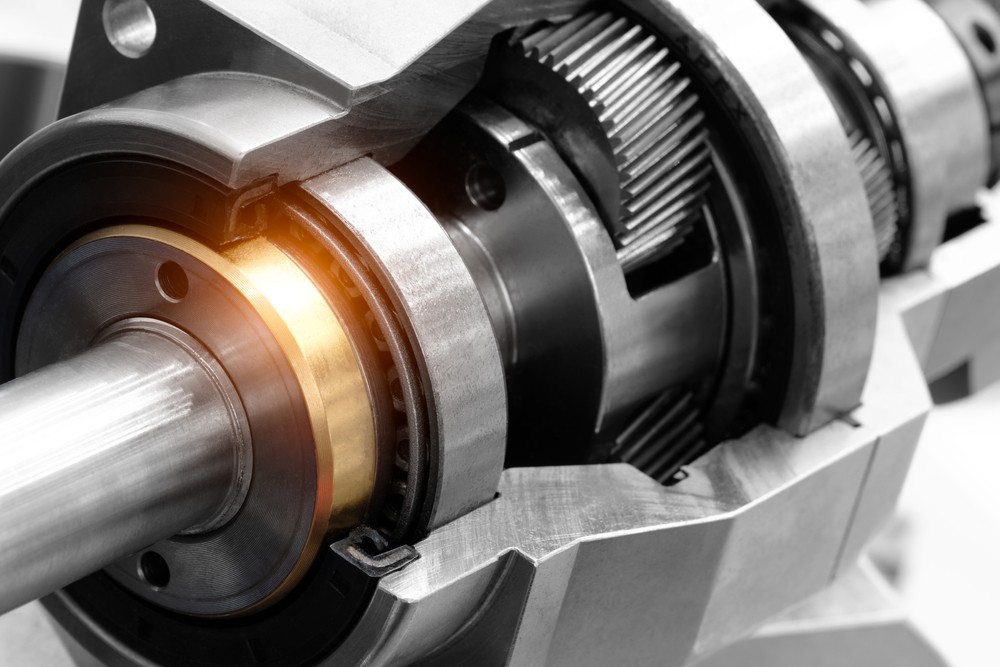What Is Reliability, Really?

Reliability is a powerful concept in the world of manufacturing. Ask any maintenance, operations, or executive professional, and they’ll likely give you some version of the same definition. Reliability means things operate as expected and as intended to facilitate a value stream that produces high-quality, defect-free products. A reliable value stream is a profitable one. But below this surface-level definition, reliability means so much more.
Defining reliability: What is it?
From a manufacturing standpoint, reliability refers to operational success. It’s the expectation that the entire system — including all equipment and personnel — will perform its intended function adequately and on time, without failure. Ultimately, it’s a measure of how well the manufacturing system retains its original level of quality over time. Reliability is crucial as the foundation to an efficient value stream.

Looking at reliability across the factory
Successful factory managers understand reliability is vital in the day-to-day workflow. They also know reliability matters across the entire factory floor. That means considering what reliability means when viewed through different operational lenses.
Take equipment, for example. This concept of reliability is simple to understand. It revolves around creating a schedule of preventive maintenance that keeps machines up and running efficiently. It reduces problems such as failing components, quality losses from equipment problems, speed losses from component wear, and more — all in pursuit of steadfast production.
For processes, reliability comes from repeatability and expected outcomes. It also comes from proper training and a constant improvement of skills. In other words, the better staff are trained, the more reliably they can perform critical duties.
It’s even prudent for factory managers to consider reliability in the sense of their technologies. In IT systems, for instance, reliability is driven by data integrity and accessibility. Given that reliability, systems across the factory can process data and work together to promote a more reliable value stream.

How to introduce and emphasize reliability
What types of changes and initiatives can manufacturers champion to create reliability within their factories? By making strategic investments that promote the fundamental concepts of manufacturing reliability, managers can create faster, safer, more reliable workflows. Here’s how:
- Keep equipment well maintained. Preventive maintenance is key to promoting equipment reliability. Aside from sticking to a regular maintenance plan, investing in the Industrial Internet of Things can help manufacturing managers anticipate potential maintenance issues before they impact production.
- Hire and train with intent to grow. Invest in talent that will remain with your company for the long-haul. By adopting new technologies like artificial intelligence, virtual and augmented reality, and safety innovations, you can not only attract and retain new talent, but also train them in a low-risk way.
- Allocate monetary spend for CAPEX. Whether it’s purchasing new equipment to expand capacity or investing in a software system to better manage automation tools, dedicate funds for capital expenditures strategically to boost reliability and generate ROI for your operation.
To promote reliability across the factory, you need to invest with the intent to create it. That means putting the focus on the many direct variables that contribute to the factory environment, from personnel and technologies to equipment and materials. Build reliable foundations, and you’ll see reliable results.